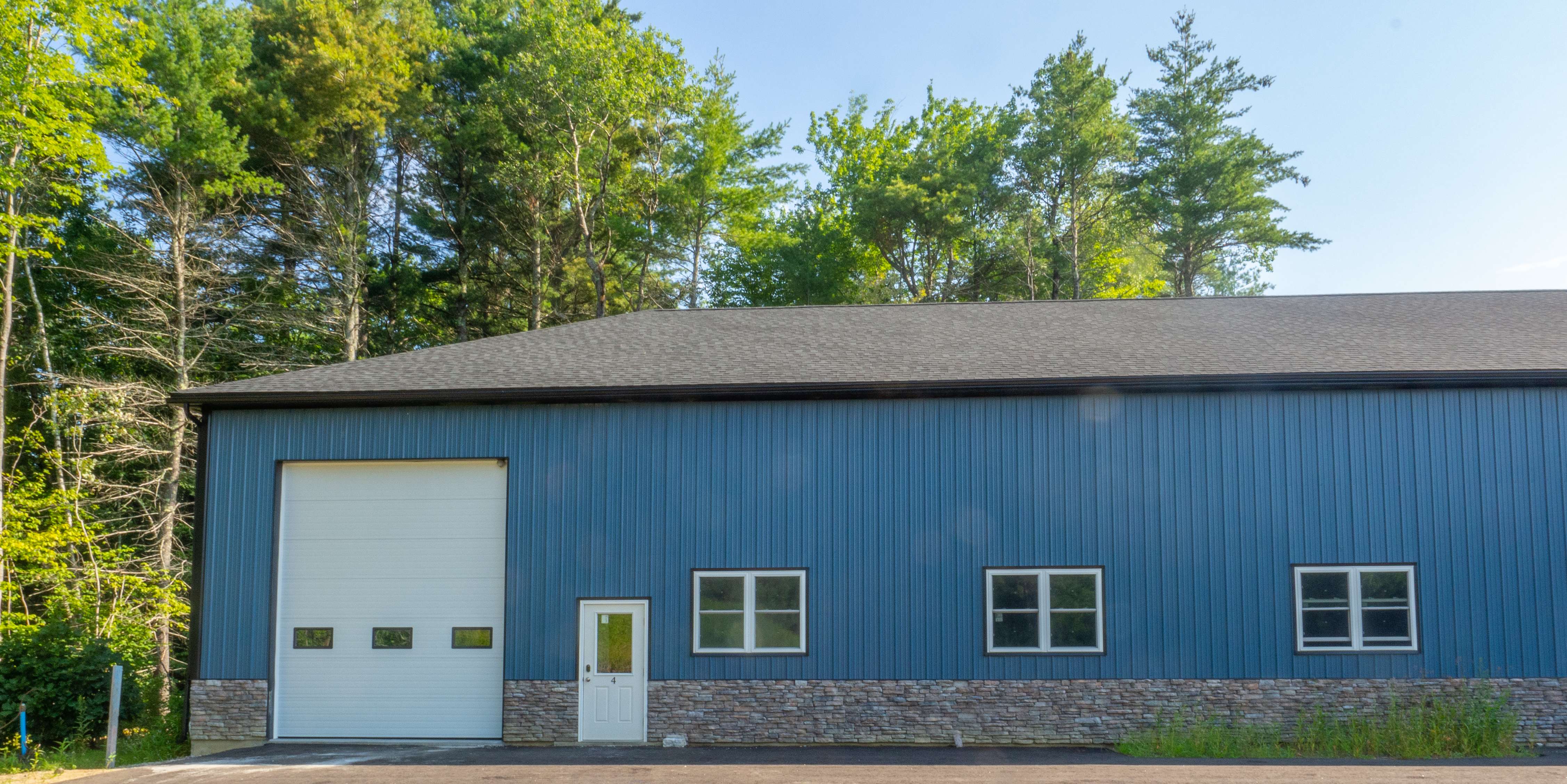
Processing Your Payment
Please do not leave this page until complete. This can take a few moments.
- News
-
Editions
-
- Lists
-
Viewpoints
-
Our Events
-
Event Info
- Women's Leadership Forum 2025
- On the Road with Mainebiz in Bethel
- Health Care Forum 2025
- On The Road with Mainebiz in Greenville
- On The Road with Mainebiz in Waterville
- Small Business Forum 2025
- Outstanding Women in Business Reception 2025
- On The Road with Mainebiz in Bath
- 60 Ideas in 60 Minutes Portland 2025
- 40 Under 40 Awards Reception 2025
- On The Road with Mainebiz in Lewiston / Auburn
- 60 Ideas in 60 Minutes Bangor 2025
Award Honorees
- 2025 Business Leaders of the Year
- 2024 Women to Watch Honorees
- 2024 Business Leaders of the Year
- 2023 NextUp: 40 Under 40 Honorees
- 2023 Women to Watch Honorees
- 2023 Business Leaders of the Year
- 2022 NextUp: 40 Under 40 Honorees
- 2022 Women to Watch Honorees
- 2022 Business Leaders of the Year
-
-
Calendar
-
Biz Marketplace
- News
-
Editions
View Digital Editions
Biweekly Issues
- April 21, 2025 Edition
- April 7, 2025
- March 24, 2025
- March 10, 2025
- Feb. 24, 2025
- Feb. 10, 2025
- + More
Special Editions
- Lists
- Viewpoints
-
Our Events
Event Info
- View all Events
- Women's Leadership Forum 2025
- On the Road with Mainebiz in Bethel
- Health Care Forum 2025
- On The Road with Mainebiz in Greenville
- On The Road with Mainebiz in Waterville
- + More
Award Honorees
- 2025 Business Leaders of the Year
- 2024 Women to Watch Honorees
- 2024 Business Leaders of the Year
- 2023 NextUp: 40 Under 40 Honorees
- 2023 Women to Watch Honorees
- 2023 Business Leaders of the Year
- + More
- 2022 NextUp: 40 Under 40 Honorees
- 2022 Women to Watch Honorees
- 2022 Business Leaders of the Year
- Nomination Forms
- Calendar
- Biz Marketplace
Q&A: Life science entrepreneur chooses ME over MA for affordability, lifestyle
 Courtesy / Looma LLC
Looma LLC founder Trevor Ruggiero moved from Woburn, Mass., to start his life science product development company in Saco.
Courtesy / Looma LLC
Looma LLC founder Trevor Ruggiero moved from Woburn, Mass., to start his life science product development company in Saco.
Looma LLC is a life science product development company whose founder, Trevor Ruggiero, chose to move from the Boston area to Maine to establish the company at the Mill Brook Business Park, at 10 Mill Brook Road in Saco.
Looma offers a comprehensive service that takes products from concept to pilot production.
Key to the service is the use of production-level manufacturing equipment early in the development process, so that material properties, surface finish and parts geometry — all of which can impact the performance of prototypes — are developed from the start of the design process.
Using quality equipment from the start means that production methods and process parameters can transition directly to manufacturing without late-stage redesigns.
Ruggiero is a product design engineer with a focus in early-stage development of medical devices and diagnostic products. He has bachelor’s and master’s degrees from Northeastern University's school of engineering, and founded Looma after spending over 10 years at Fikst, a product development firm in Woburn, Mass.
At Fikst, he worked on medical and diagnostic products and discovered the need for better access to production quality manufacturing tools from early development to production.
Mainebiz asked Ruggiero about his startup journey and what lies ahead. Here’s an edited transcript.
Mainebiz: How did you get from Fikst to starting your own company?
Trevor Ruggiero: I discovered I liked working in the medical device industry, especially with early stage companies and entrepreneurs that are developing transformative technology. I like working on hard problems. At Fikst, I got to have that experience through many startups in the Boston area.
But I started to recognize needs in the industry that I thought I could help address. When you’re working on life science products, you can’t always utilize existing prototyping methods. There’s a lot of buzz about 3D printing: it’s fast and you can make any part. But for a lot of life science products, that method doesn’t work because you need the right materials.
Often, for some of the products we work on — like diagnostic devices where you’re flowing very small amounts of liquid through tiny channels — the prototype needs to be exactly what it will be in manufacturing. Otherwise the results are different. That means that, early in development, you need quality tools. I wanted to start my own consulting company to address these challenges.
MB: Could you give an example of a project you’ve worked on?
TR: At Fikst, we helped a company called Sight, out of Israel, develop a diagnostic device that uses computer vision and machine learning to perform a complete blood count. With our help, they developed an analyzer that, with two drops of blood obtained in a simple medical setting, allows them to perform a complete blood count in 15 to 20 minutes.
That’s the perfect example of where Looma’s comprehensive service will be valuable. Sight’s diagnostic device uses imaging, so the components need to be very optically clear. You can’t 3D-print something that’s optically clear enough. So the prototypes had to be injected-molded. There are many injection molding houses, but they don’t always offer polishes at a high-enough quality to use with optics. You need to build the parts in a high-quality system and you need folks who understand how to produce a quality part.
Having that capacity early in development helps when you transition to manufacturing to build a thousand or ten thousand devices to support clinical trials. That’s often a pain point for a lot of companies — transferring to manufacturing and scaling up.
MB; Why did you start up in Maine?
TR: We have family here and Maine has the outdoor quality of life we yearned for. And the decision to start my own consulting company, and to go after this model with manufacturing, became feasible by moving to Maine because it’s close to Boston — a major medical hub that’s spinning out a lot of technology startups, where this service is well-suited.
MB: And why Saco?
TR: This is an inexpensive space and the right type of space. It’s a high-bay manufacturing space with three-phase power coming to the building. To get something like that in or near Boston would probably cost three times as much.

MB: When did you get established in Saco?
TR: We purchased the property last December. It was a 2,000-square-foot industrial condo shell. We built it out with walls and a mezzanine. The finished space is 3,700 square feet.
We started the company in July. It was just me for two or three months. I recently brought on a partner, [mechanical engineer] John Walton, who was already in Maine.
MB: How will you build out Looma?
TR: The first phase is to establish the ability to do consulting — desks, computers, software to do 3D CAD [computer-aided design], advanced tools for product data management. I’m trying to build a foundation for life science medical device work.
Phase one is mostly complete. We self-funded that and stayed cash flow positive. We’re up and running as a consulting company and starting to attract interest from other companies. There are a few projects with Maine-based companies that we’re close to kicking off.
MB: What happens next?
TR: Phase 2 means adding a CNC [computer numerical control machining tools] with high-speed spindles and a small injection-molding machine so we can make small parts. Those two pieces of equipment with accessories will cost about $250,000. That will open the next tier of customers.
MB: When will phase 2 be complete?
TR: My hope is to apply for grants to accelerate that. If we can, we hope to add that capability this coming spring. If we have to self-fund, it will take longer to build up the savings. We’ll try not to take out loans.
MB: Is there a phase 3?
TR: Having the two machines will allow us to make prototypes and solve problems in early development by using the right materials. But we won’t be able to do the back end, where you’re making thousands of part for clinical trials, until we have assembly and clean room capability and a more robust quality system. That’s what phase 3 will enable.
MB: Are you hiring?
TR: We’re looking to hire another mechanical engineer in the coming months, and potentially a tech who can run the machines.
Through Northeastern, we’ve been connected with the Roux Institute and talking with them about where there might be overlap. We’re looking at potentially bringing in coops through Northeastern and Roux Institute to work with us.










0 Comments